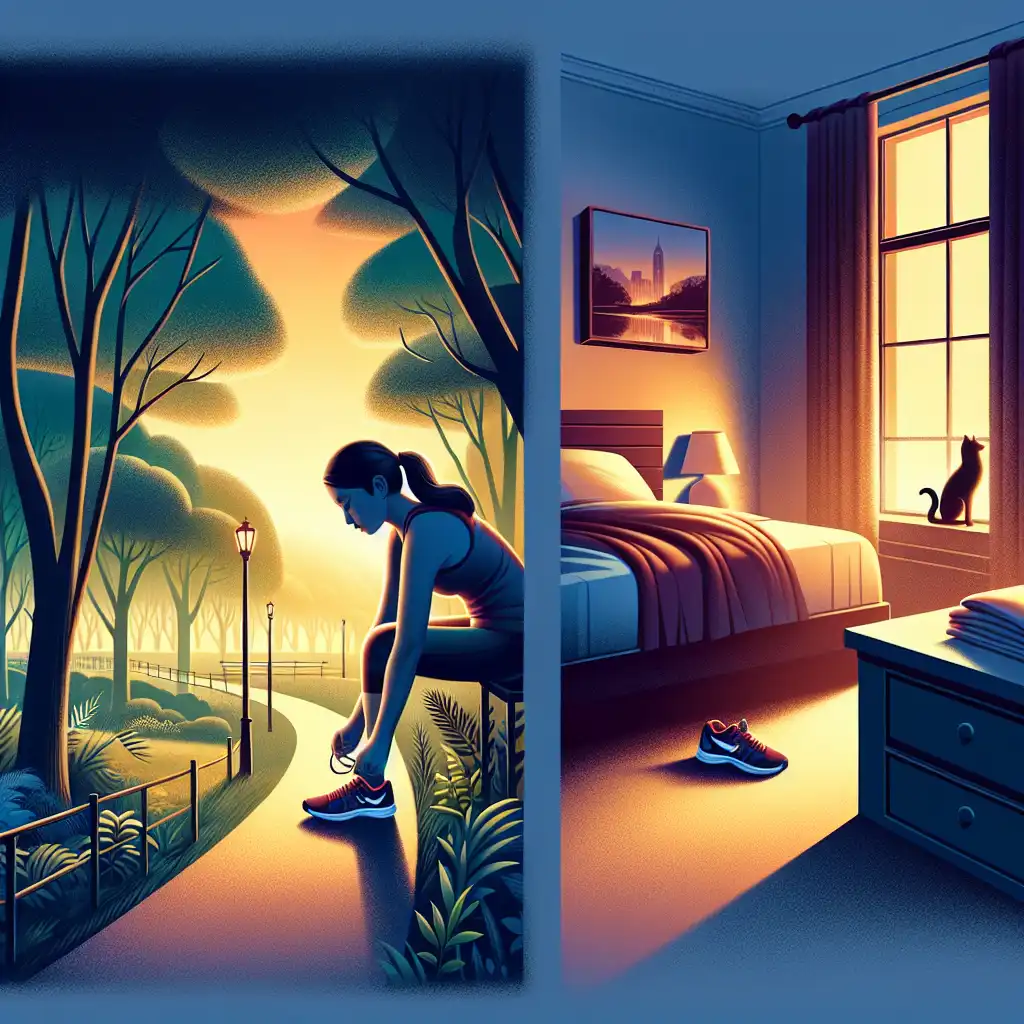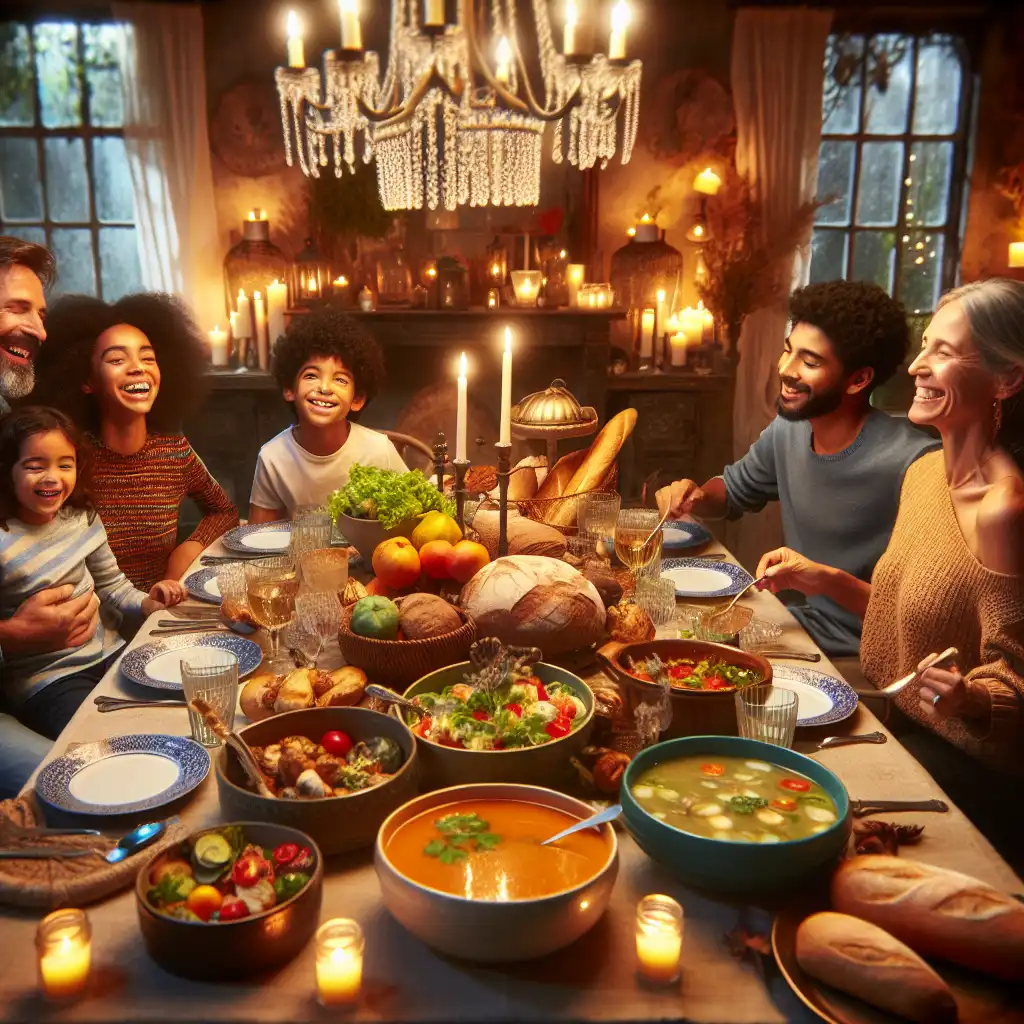
Dislike
Emotional Intensity
Dislike is milder than hate; use it for less intense negative feelings.  While I dislike getting up early, I hate missing my morning run.
While I dislike getting up early, I hate missing my morning run.
Personal Taste
'Dislike' often expresses personal taste or preference rather than moral judgment.  I dislike anchovies on my pizza.
I dislike anchovies on my pizza.
Social Context
Using 'dislike' can be more polite or diplomatic than 'hate' in social contexts.  I dislike discussing politics at family dinners.
I dislike discussing politics at family dinners.